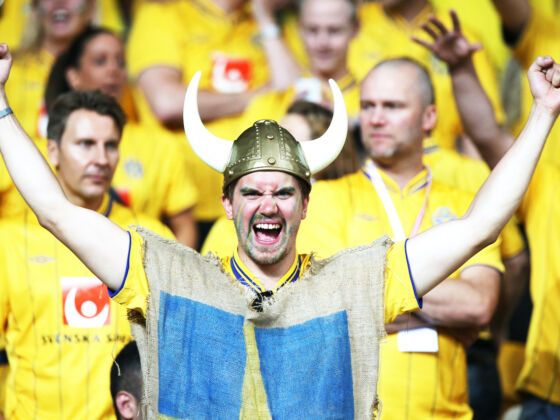Remind us of the maracanazo.
On a Sunday afternoon in 1950, Uruguay came from behind to win against Brazil in the World Cup’s final match, leaving the 200,000 fans overcrowding the Maracanã stadium absolutely mute. The maracanazo (something like “the Maracanã stadium blow”), considered the worst disaster in soccer history, took shape eleven minutes before the end of the game, with a goal scored by Ghiggia, who later declared: “The silence was such that, if a fly passed by, we’d hear its buzz.”
The mere recollection of the episode is enough to kill the mood of anyone who experienced the 1950 World Cup, and its retelling gives goosebumps to those who were born after.
